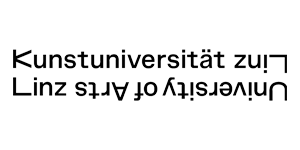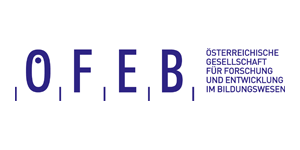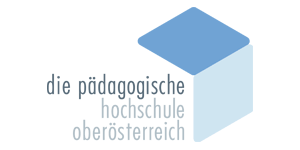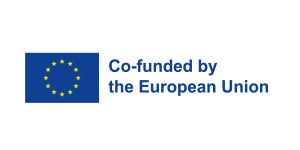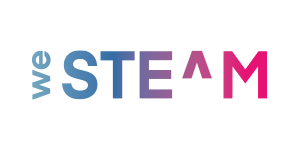The pedagogical year 2022/23 was dominated by one topic: digital basic education. The subject, which is now compulsory at a lower secondary level, was implemented, schools were equipped with tablets, and teachers already teaching the subject were provided with the necessary knowledge and skills in a four-semester university course. Intended from the outset as a transitional solution, this training is to be replaced in the long term by a regular (currently still eight-plus-four-semester long) teacher training course offered by universities and teacher training colleges in association. However, instead of setting up a separate course of study with its own curriculum based on the curriculum of the teaching subject, it was decided to merge digital basic education and the teacher training course “Computer Science and Information Management.”
The integration of the contents of digital basic education into the existing computer science curriculum is proceeding with varying degrees of success and comprehensiveness in the different development alliances (Northeast: Vienna and Lower Austria, Southeast: Styria, Carinthia and Burgenland, Central: Upper Austria and Salzburg, West: Tyrol and Vorarlberg), but even the more positive examples of this merger lack one essential detail: a separate subject didactic processing of the new contents.
The subject didactics “digital basic education” results from the necessary occupation with subject didactics of computer science and/or media pedagogues. With such new contents and possibilities, which the subject offers, it cannot be assumed that these can be conveyed by traditional methods, and/or be used to the full extent.
In order to make a start in opening up this still unexplored field of subject didactics, the University of Arts Linz, PH OÖ and ÖFEB, together with nine experts from different fields, are organizing “Forum: Digital Education.” In addition to the didactics and methodology of the subject, the following questions will also be addressed:
- How should teachers teach a subject in which students are often three steps ahead in terms of content?
- How do we deal with the need for continuous content training for teachers in digital education?
- If basically all the content we want to teach students can be Googled, what is our job as teachers?
- Is the self-image of teachers as knowledge mediators still appropriate today?
Credits
This program is co-funded by the Erasmus+ Programme of the European Union through the WeSTEAM project.
Supported by: Ars Electronica Linz
Cooperation partners:
Universität für künstlerische und industrielle Gestaltung Linz, Institut Kunst und Bildung, Abteilung Mediengestaltung Lehramt
Pädagogische Hochschule Oberösterreich
Österreichische Gesellschaft für Forschung und Entwicklung im Bildungswesen, Sektion Medienpädagogik
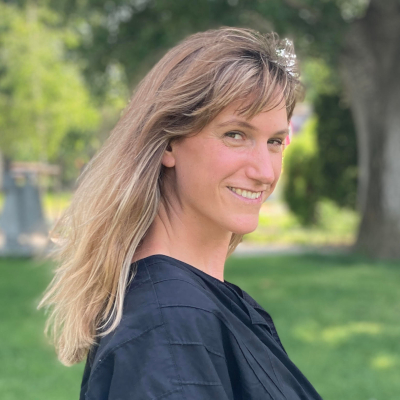
Katharina Hof (AT)
Katharina Hof: Ina Hof is an art and cultural mediator and project manager of EU projects in the Ars Electronica team. In her work, she deals with artistic understanding of the world as a tool for appropriating the world, as a method of experiencing and reflecting, and as a basis for forming an independent point of view and making responsible decisions. Currently she is working, among others, on the WeSTEAM project—together with the partner institutions Changemaker Educations (SE), Espronceda (ES), Lulea Tekniska Universitet (SE) and Sineglossa (IT).
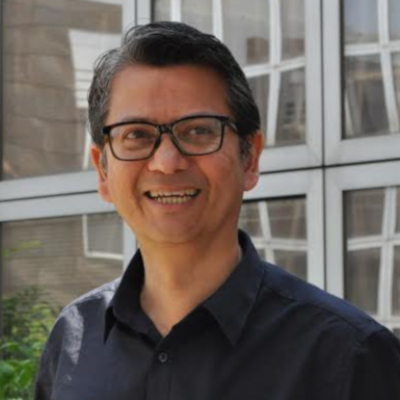
Ian Banerjee (AT/IN)
After a childhood in Asia, Africa and Europe, Ian Banerjee studied architecture and urban planning in Vienna and Brazil. His teaching and research activities at TU Vienna and other institutions focus on future issues of international urbanism. He has had the opportunity to gain experience in some 40 cities around the world over the last 20 years and is particularly interested in global change, urban innovation, new socio-technical formations and new cultures of urban learning. He is currently researching Taiwan’s OpenGov and Civic-Tech landscape.
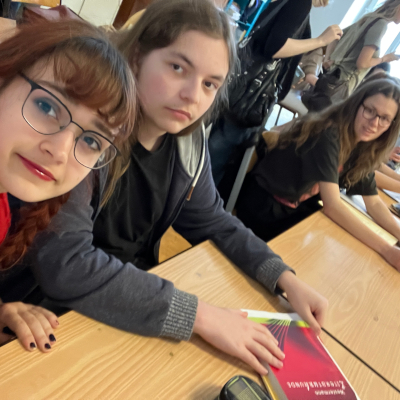
„Meditaçoes“ (AT)
Emma Gruber, Linda Michelitsch and Konstantin Redl (all *2006) are students at the BORG Hegelgasse 12 in Vienna and won an award at the Prix Ars Electronica (u19) with their experimental short film Meditaçoes. The film deals with influences on the adolescence of young people, the resulting effects and the difference between the reality of young people’s lives and quickly given advice for the future.
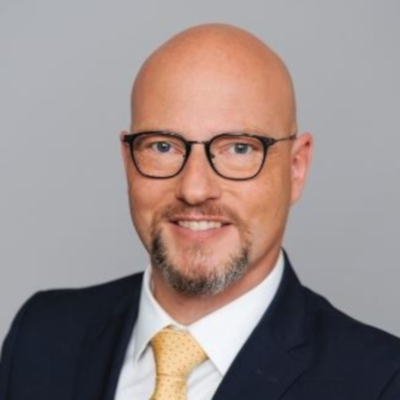
Martin Bauer: (AT)
Martin Bauer is Chief Digital Officer (CDO) at the Federal Ministry of Education, Science and Research. There, he heads the Präs/C IT, Digitization and Media group as well as the Präs/16 IT Didactics department and is responsible for implementing digitization strategy initiatives, including a focus on digital skills and computational thinking. He holds a Master’s degree in Business Education as well as a Master’s degree in E-Learning/E-Teaching and over 25 years of teaching experience in upper secondary as well as tertiary education.
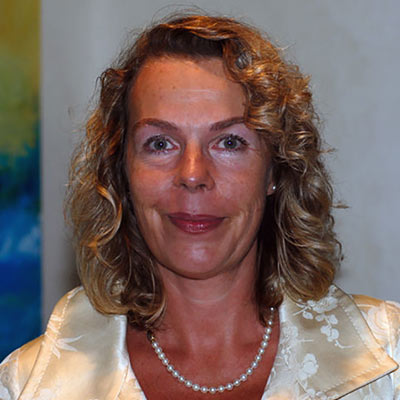
Sonja Hinteregger-Euller: (AT)
Sonja Hinteregger-Euller has a degree in German studies and journalism and communication sciences and is head of the Educational Media Department at the Federal Ministry of Education, Science and Research. Her responsibilities include the pedagogical review of teaching materials used in Austrian schools (textbook campaign), the media service for schools (www.edutube.at), age ratings for feature films and school media education (digital basic education, media literacy award).
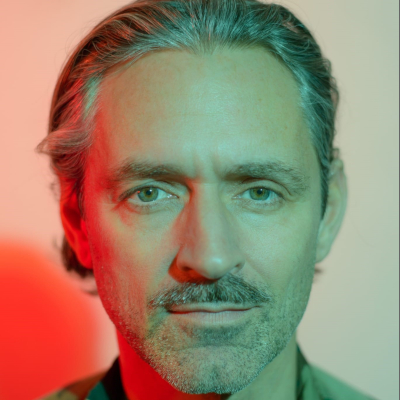
Jan G. Grünwald (DE/AT)
Jan G. Grünwald is professor of “Fachdidaktik für Bildnerische Erziehung” at the Mozarteum University Salzburg (location Innsbruck), as well as a teacher for the subjects art and English. He works and researches in the fields of art education, visual media theory and gender studies.
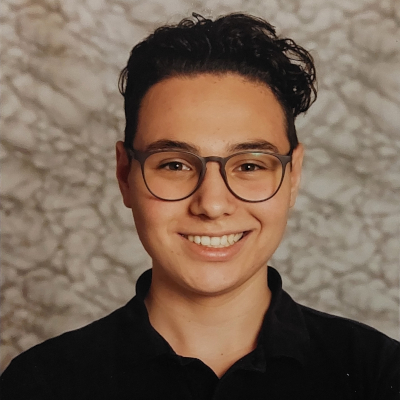
Sebastian Paar (AT)
Sebastian Paar, 17 years old, comes from the district of Baden in Lower Austria. As a student of the Gymnasium Frauengasse Baden, he attends the eighth grade and has been involved in the Landesschüler:innenvertretung Niederösterreich on a voluntary basis over the last year. During this time he had the opportunity to work as part of a great team on many different projects, including the campaign #System404. The goal herewith was and is to draw attention to the lack of digitization in Austria’s schools.

Conny Lee (AT)
Conny Lee works with words and feelings, one being closely connected to the other. After a few short excursions into the Viennese theater scene, she has been a presenter at the Austrian radio station FM4 since 2010, presenting various programs in the daytime program as well as various special programs live on location at festivals. Conny Lee is an editor with a focus on videogames, literature and the topics of love, sex and sex education. In addition to her work in radio, she also hosts live events, award ceremonies and conventions. She is also a regular member of various juries that deal with digitization, videogames and youth culture, such as the u19 category at the Prix Ars Electronica, where Conny Lee has been part of the jury since 2013.
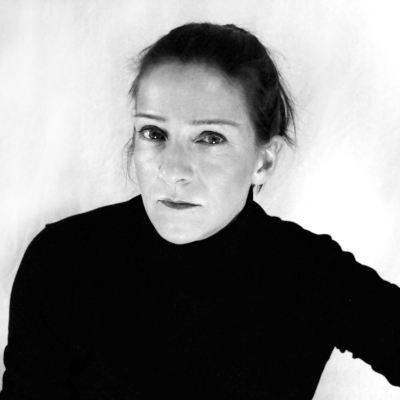
Elke Hackl (AT)
Hackl Elke is a media designer and image maker, educator, mentor and researcher in the field of integrating participatory media cultural spaces in school and extracurricular projects and the resulting extended teaching and learning strategies in creative processes and technological usage structures of the digital age. She has been teaching at the Upper Austrian University of Education since 2020, was a visiting professor for subject didactics in the department of media design at the Linz University of the Arts in 2022/23, and heads the university course Digital Basic Education at the lower secondary level.
